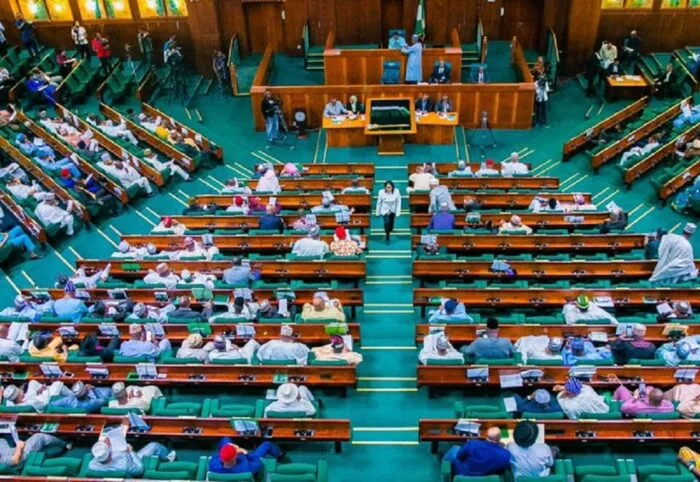The House of Representatives Committee on Environment voiced strong criticism of the Nigerian government’s failure to adequately fund the Environmental Health Council of Nigeria (EHCN), a critical agency tasked with preventing and managing disease outbreaks in the country. During a budget defense hearing for the 2025 fiscal year, the Committee, chaired by Mr. Julius Pondi, expressed deep concern over the EHCN’s persistent financial struggles, highlighting the detrimental impact on the agency’s operations and the well-being of its staff. The Committee’s condemnation underscores a troubling disconnect between the government’s stated commitment to public health and its allocation of resources to essential agencies like the EHCN. This failure to prioritize funding for preventative health measures raises serious questions about the government’s preparedness to address potential health crises and protect the Nigerian population.
The Committee’s frustration stemmed from the EHCN’s exclusion from the 2025 budget, a decision that contradicted the Federal Executive Council’s (FEC) previous reinstatement of the agency’s funding. Mr. Pondi, representing Burutu Federal Constituency, Delta State, expressed his dismay at the agency’s precarious financial position, recalling a period in 2014 when EHCN staff received no salaries. The Committee questioned the Budget Office of the Federation’s rationale for removing the EHCN and 14 other agencies from the budget despite the FEC’s directive. This apparent disregard for the FEC’s decision points to potential bureaucratic inefficiencies and a lack of coordination within the government, further hampering the EHCN’s ability to fulfill its mandate.
The EHCN’s Executive Director, Yakubu Mohammed, painted a stark picture of the agency’s operational challenges, detailing the hardship faced by its staff due to inconsistent funding. He outlined the agency’s removal from the budget as a consequence of a government policy enacted in March 2024 that discontinued funding for regulatory bodies in the health sector. While the FEC later reversed this policy following appeals from the affected agencies, the EHCN remained excluded due to classification issues, which placed it under the purview of environmental matters rather than health. This ambiguity in the EHCN’s classification highlights a bureaucratic hurdle that needs immediate attention to ensure the agency receives the necessary financial support.
Despite these significant financial constraints, Mohammed emphasized the EHCN’s vital role in managing critical health emergencies. He cited the agency’s contributions to containing the Lassa fever epidemic across 21 states and its involvement in disaster relief efforts during the Maiduguri flood disaster in 2024. The EHCN’s commendable work in these emergencies, even under duress, underscores its importance to public health and safety. The Borno State Government’s recognition of the EHCN’s efforts further reinforces the agency’s crucial role in protecting the population, even with limited resources.
The Committee, recognizing the urgency of the situation, pledged to advocate for the EHCN’s inclusion in the 2025 budget. Mr. Pondi assured Mr. Mohammed that the Committee would engage with the Minister of Environment, Maruf Tunji-Alausa, to secure the necessary funding. He expressed sympathy for the hardships endured by EHCN staff and their families and reaffirmed the Committee’s commitment to ensuring that all agencies under its oversight receive equitable budgetary allocations. The Committee’s proactive stance offers a glimmer of hope for the EHCN and its staff, signaling a potential resolution to the agency’s chronic funding issues.
To address its immediate operational needs and plan for future activities, the EHCN presented its 2025 budget proposal to the Committee. The proposal outlined a request for N1.1 billion for capital expenditure, N264 million for overhead costs, and N1.7 billion for personnel expenditure. These figures represent the minimum resources required for the EHCN to effectively execute its mandate and safeguard public health. The Committee’s understanding of the EHCN’s financial needs and its willingness to advocate for the agency’s budgetary allocation are critical steps towards ensuring the EHCN can continue its crucial work in protecting the health and well-being of the Nigerian people. The ultimate approval of the requested budget will determine the agency’s ability to effectively address environmental health challenges and prevent future outbreaks.














